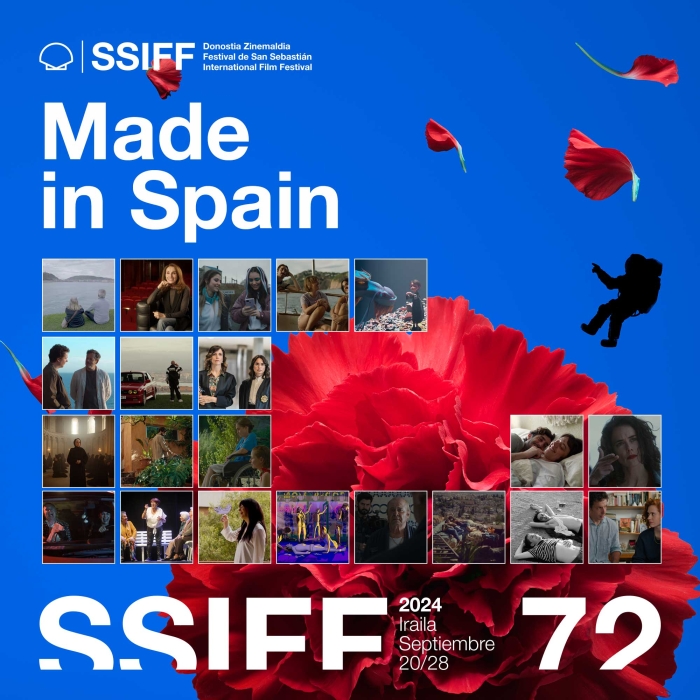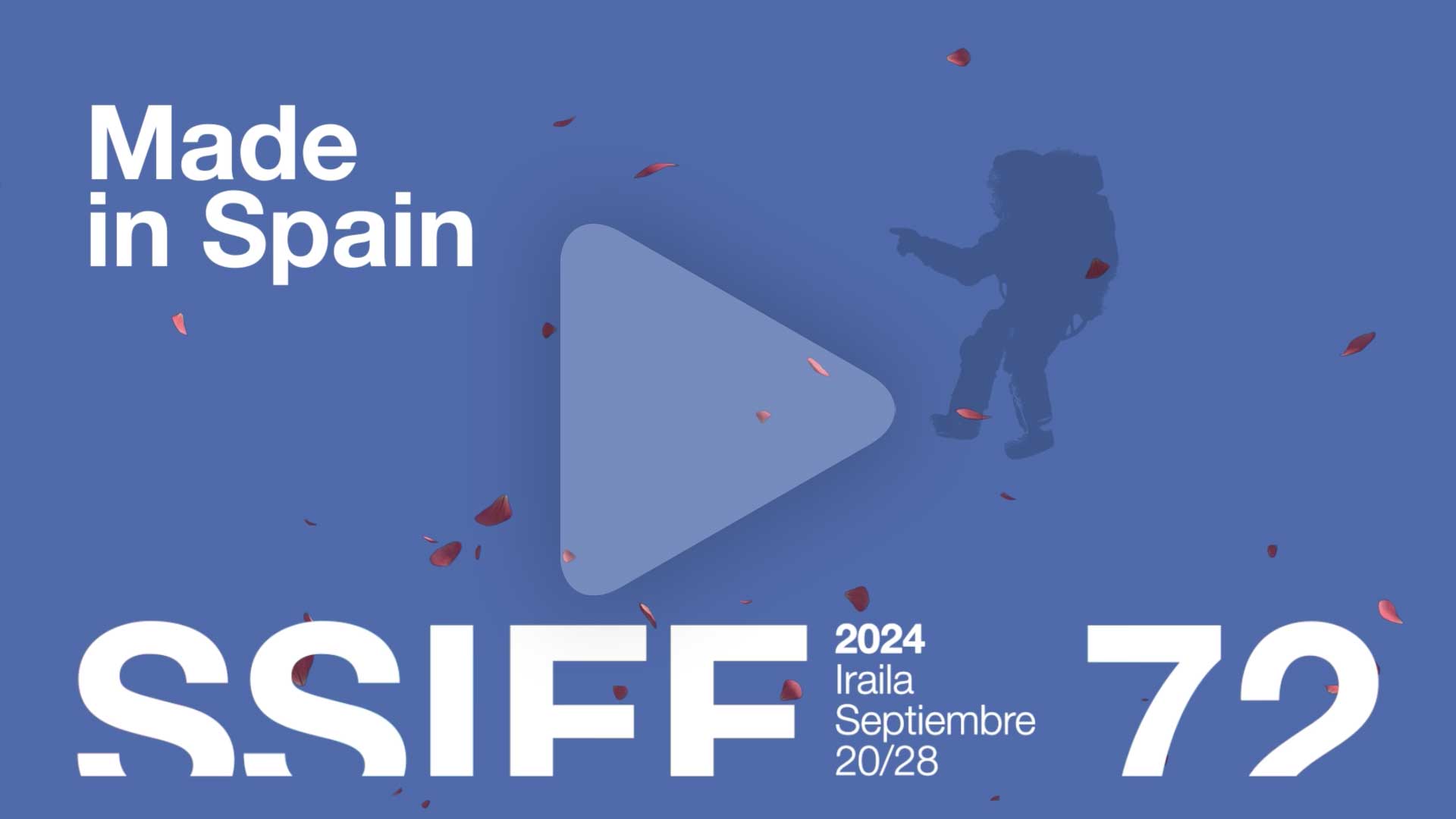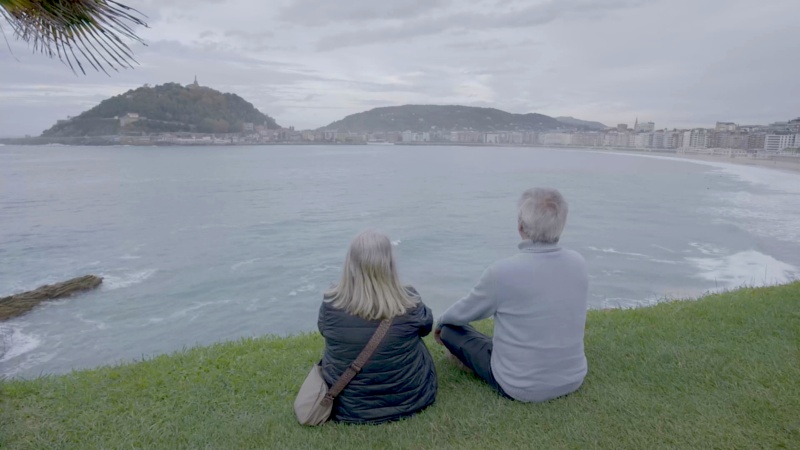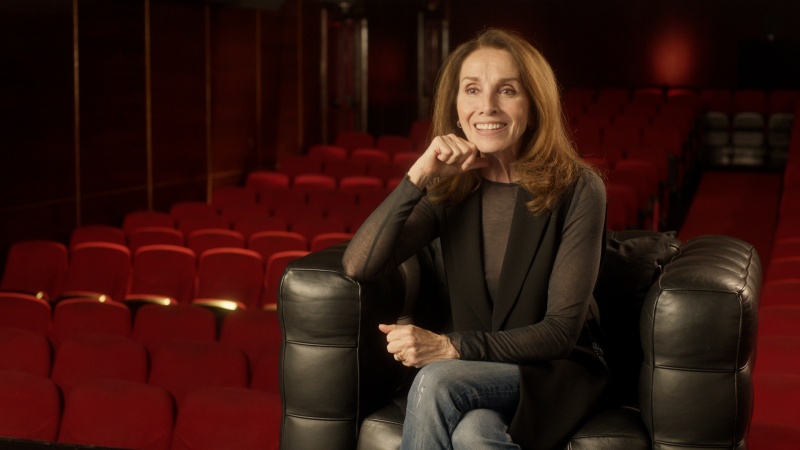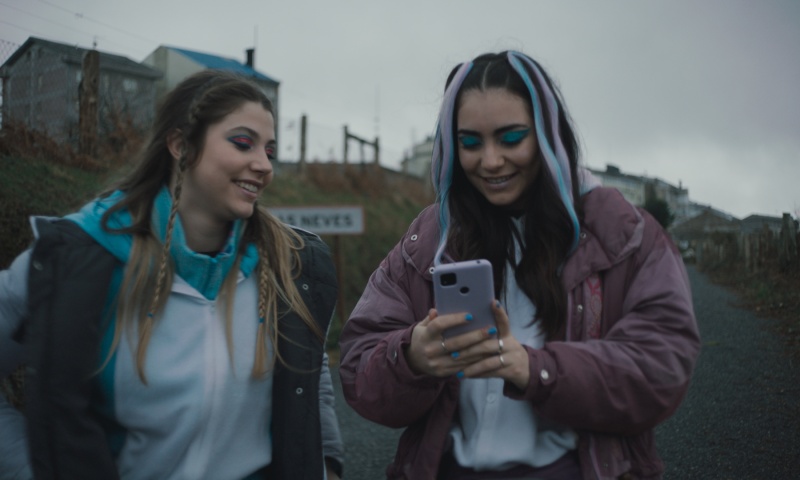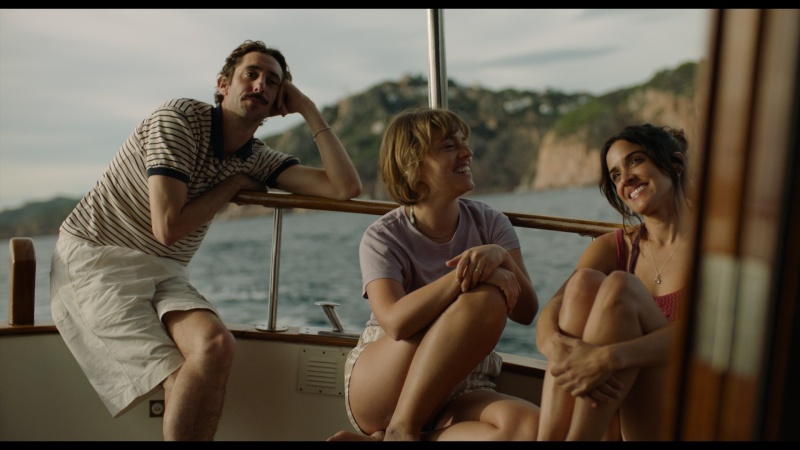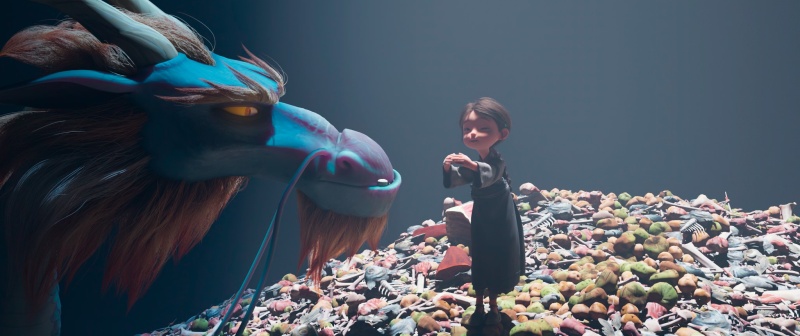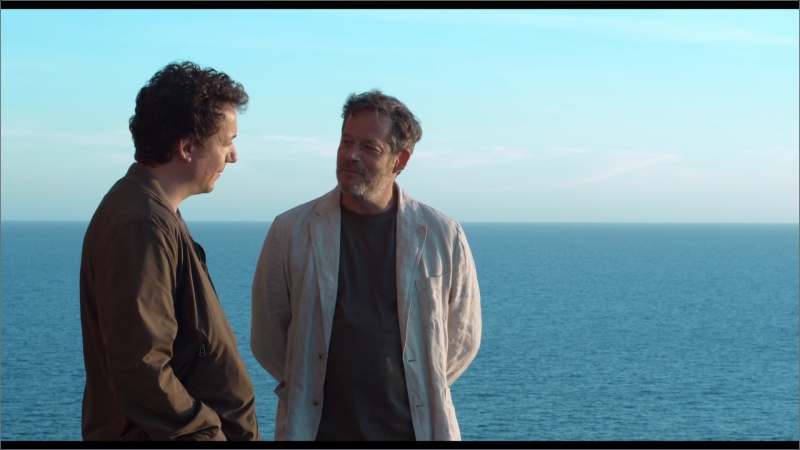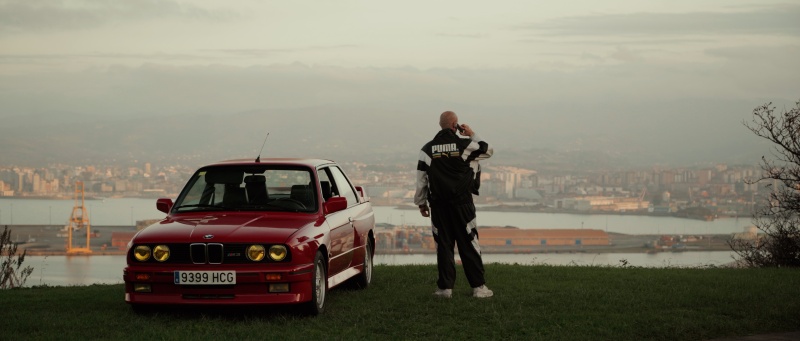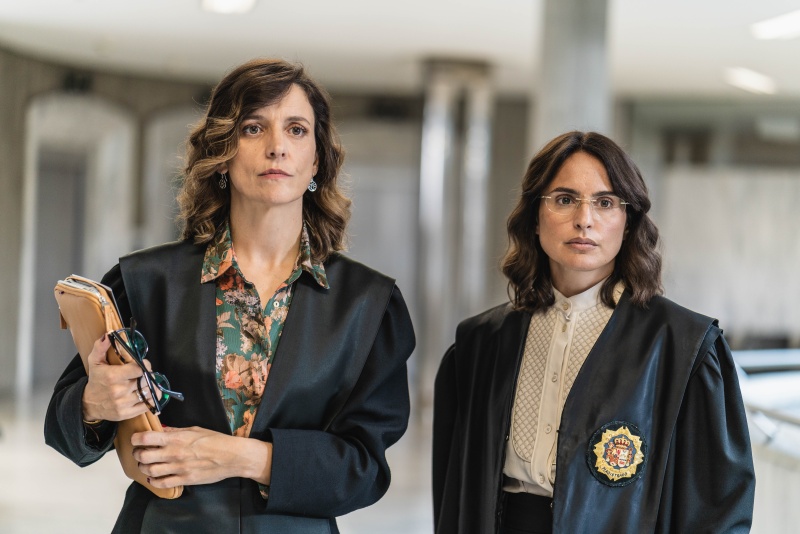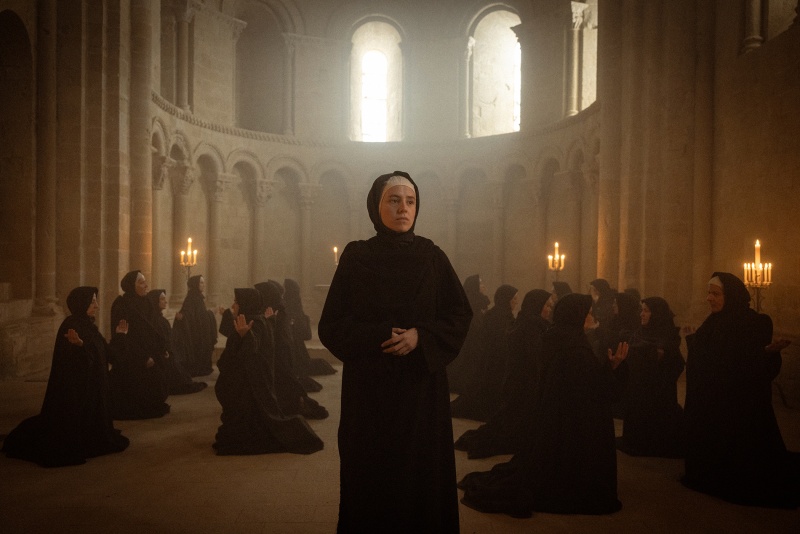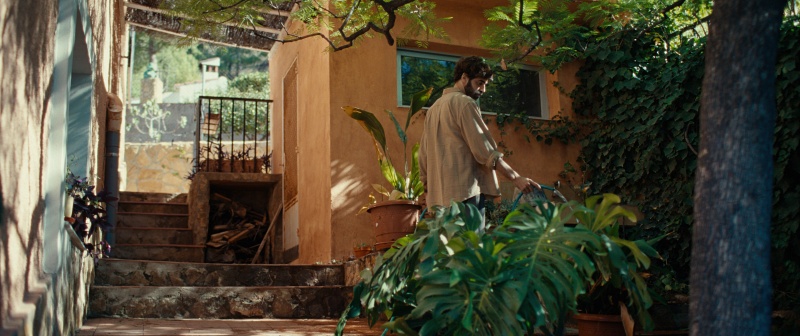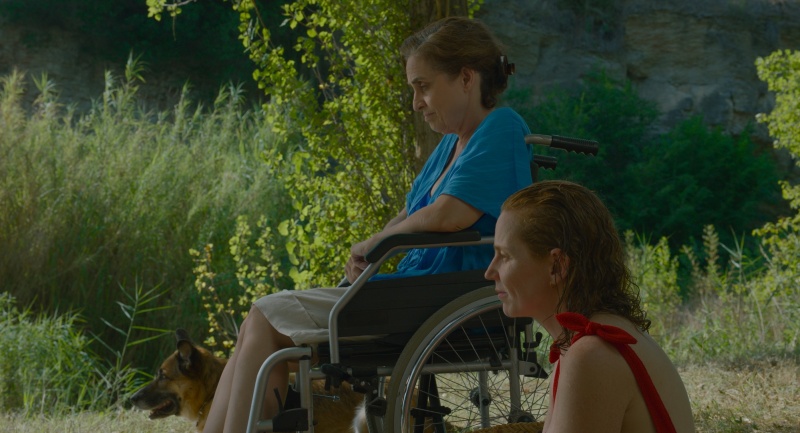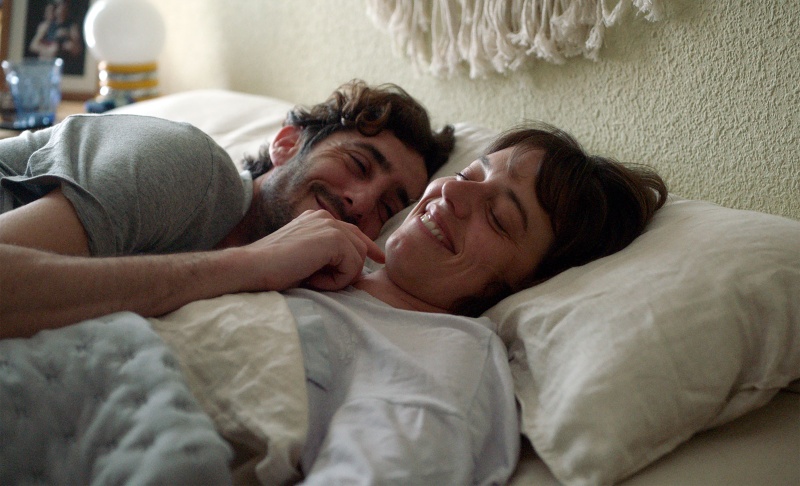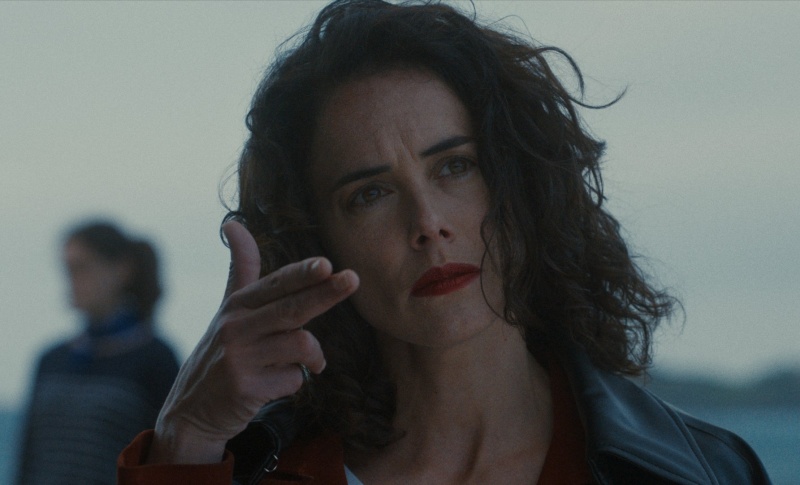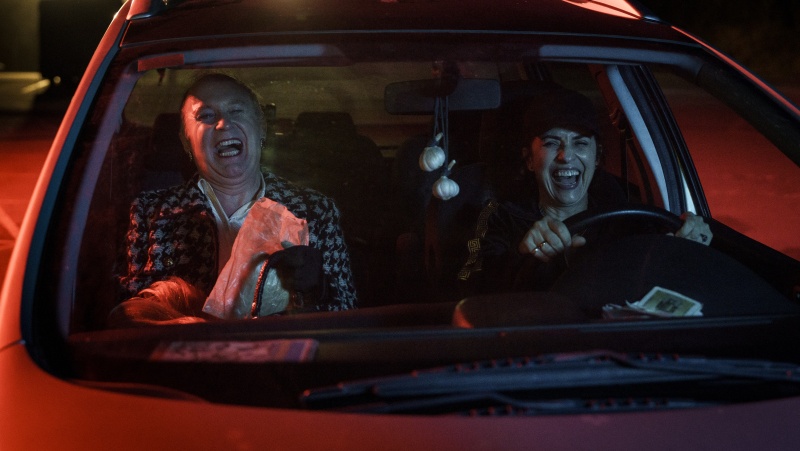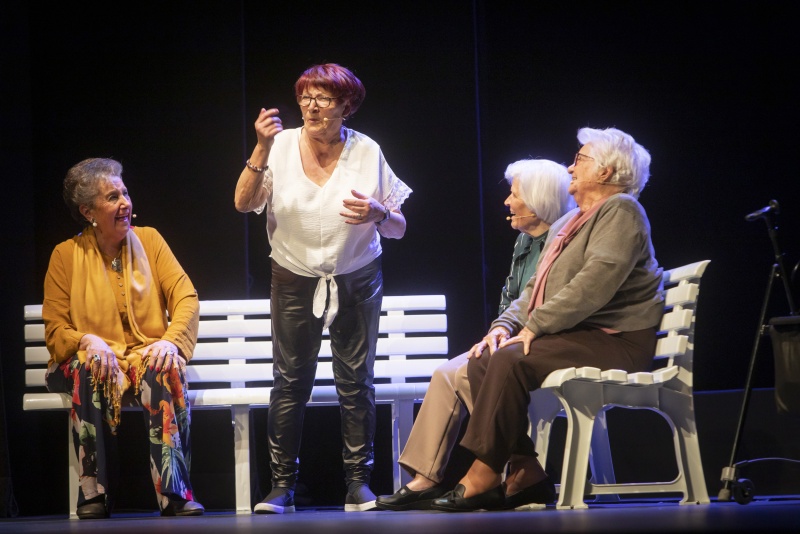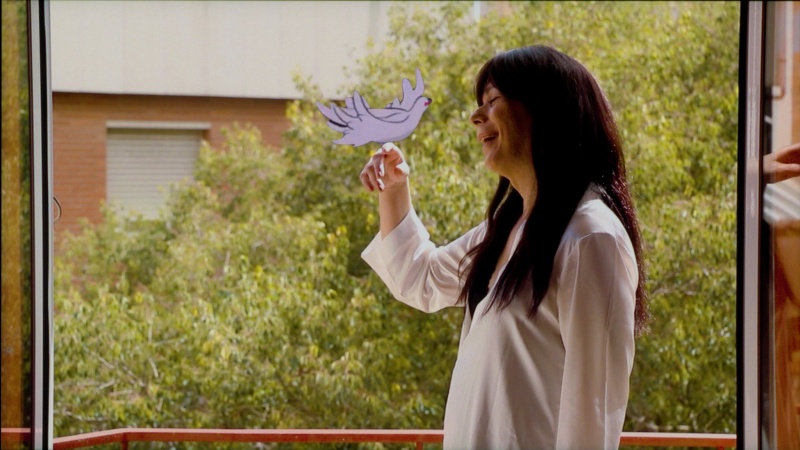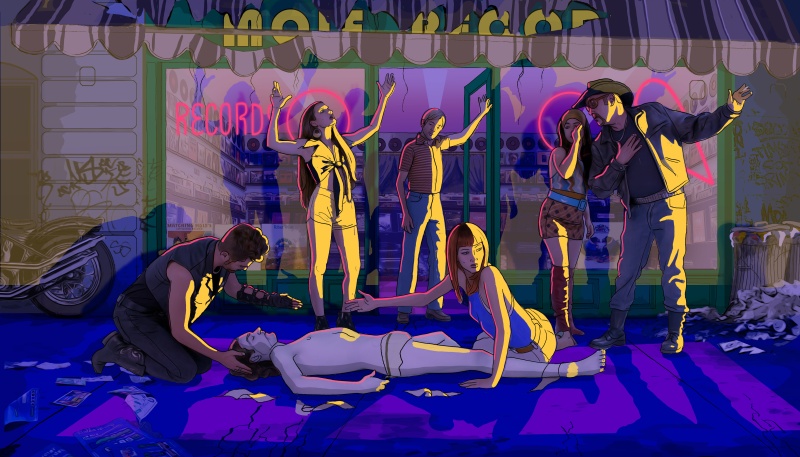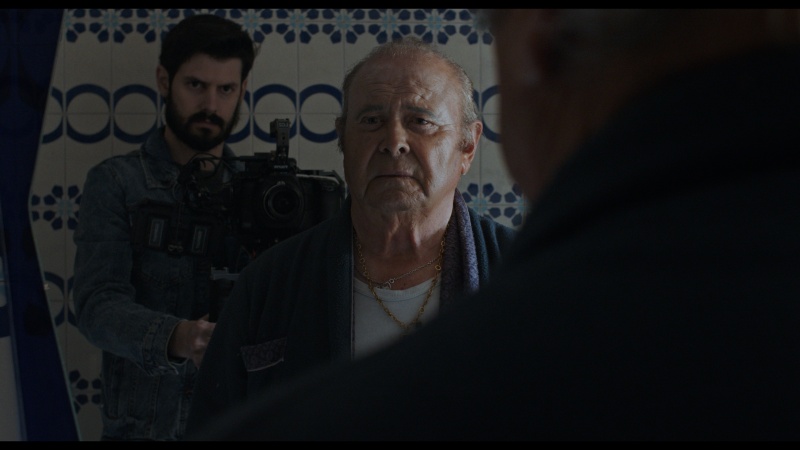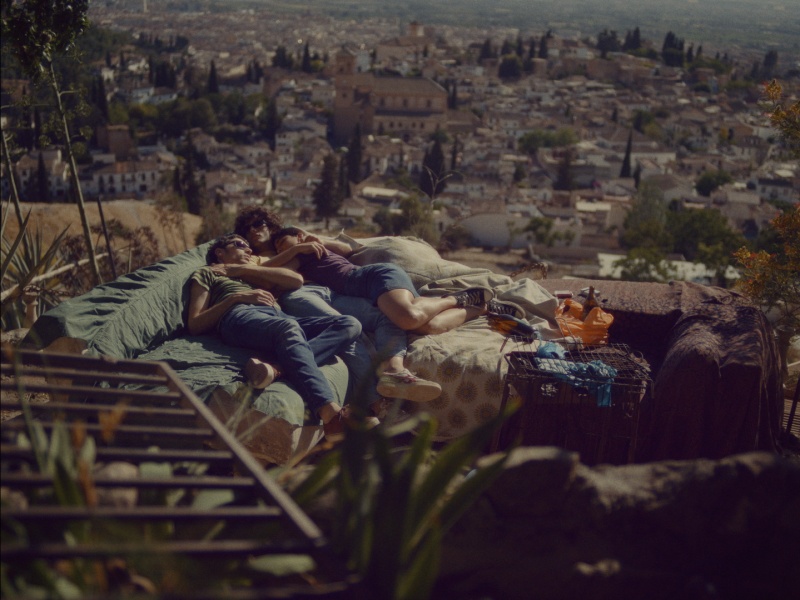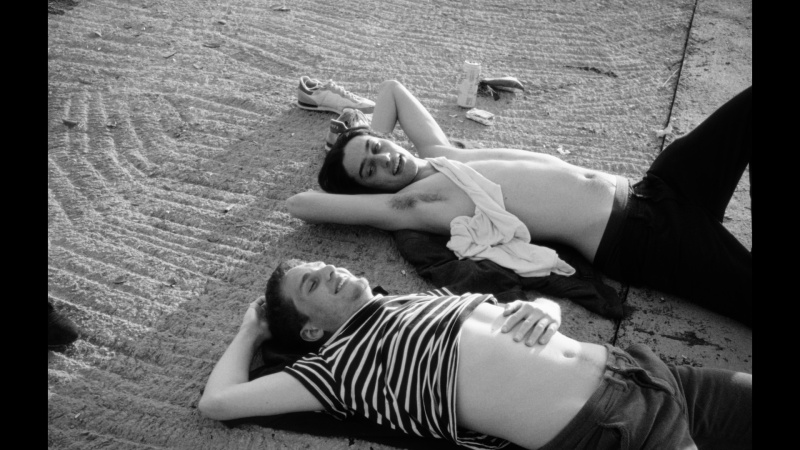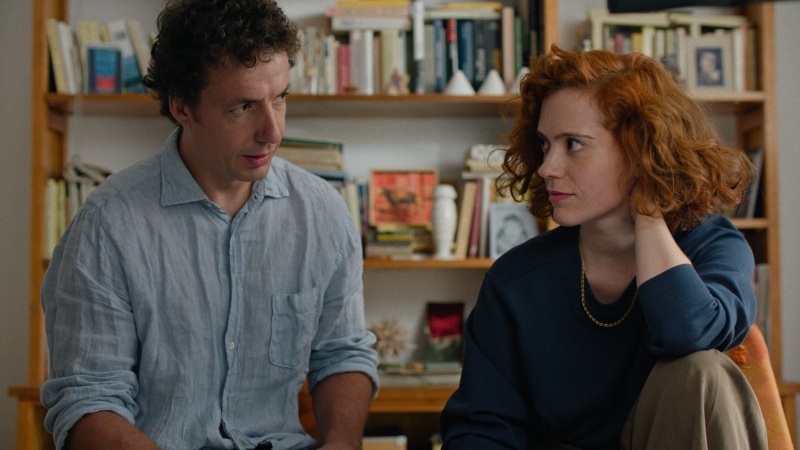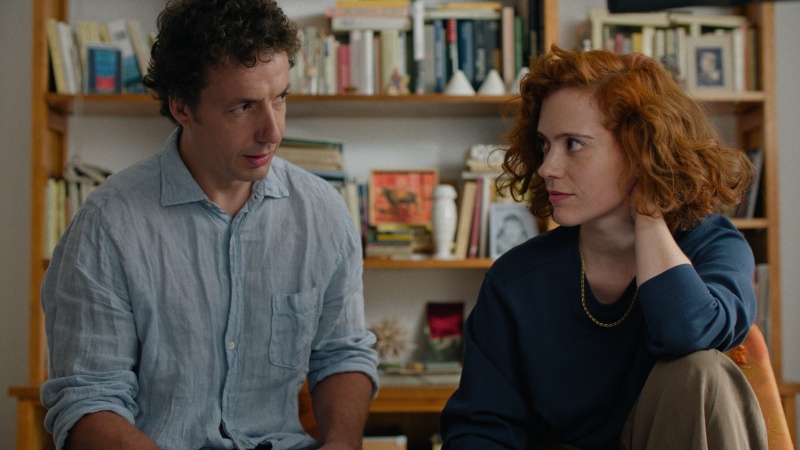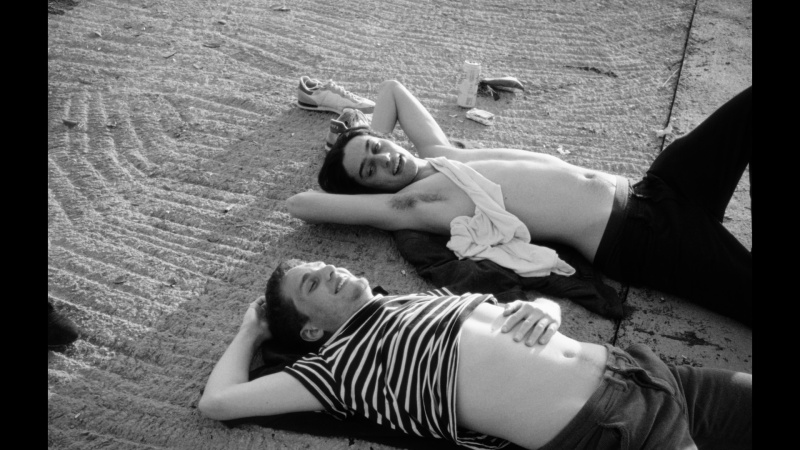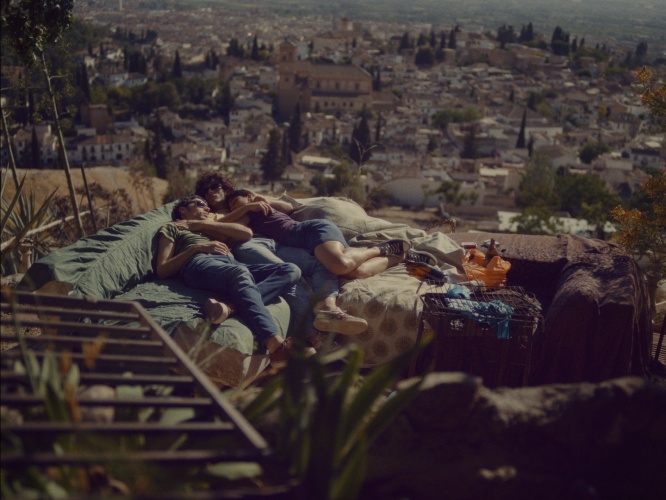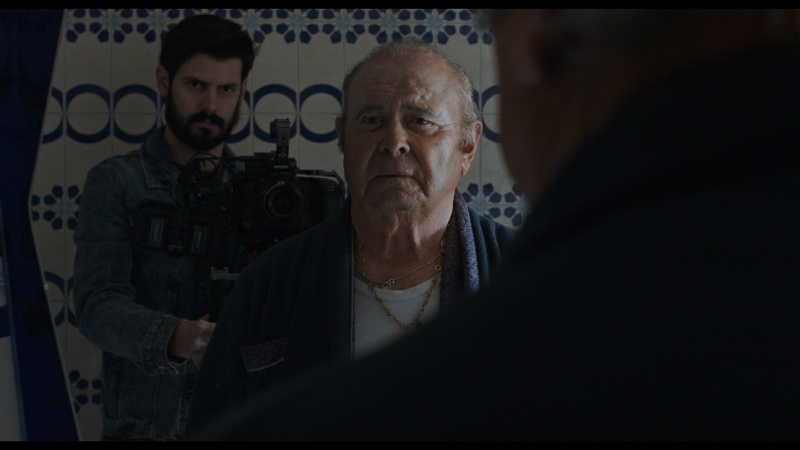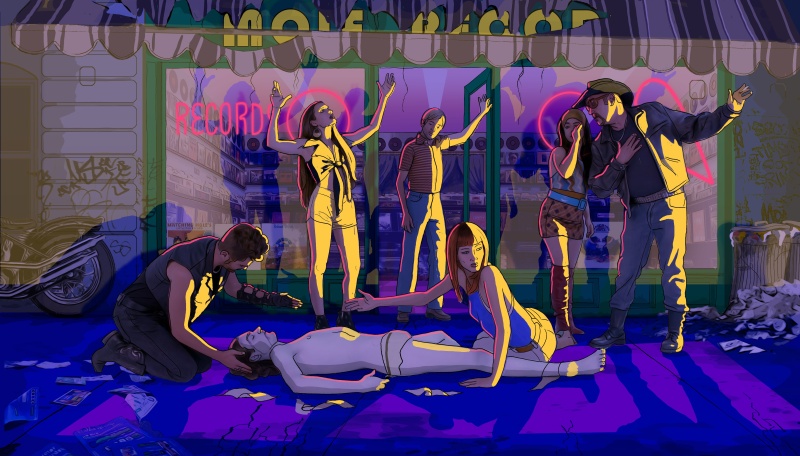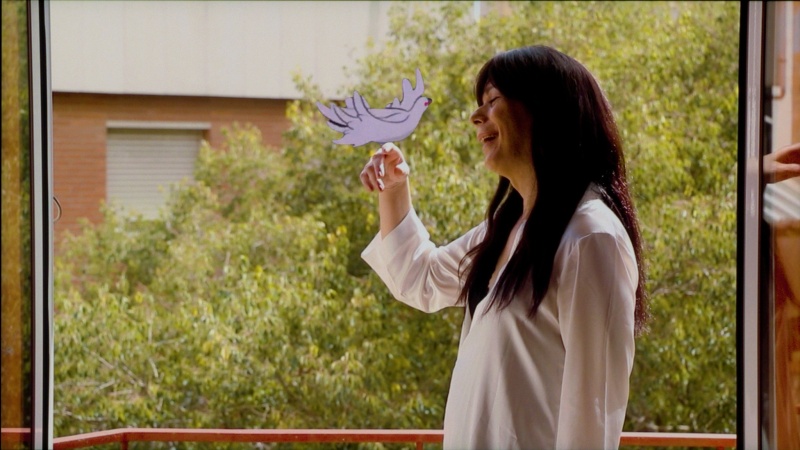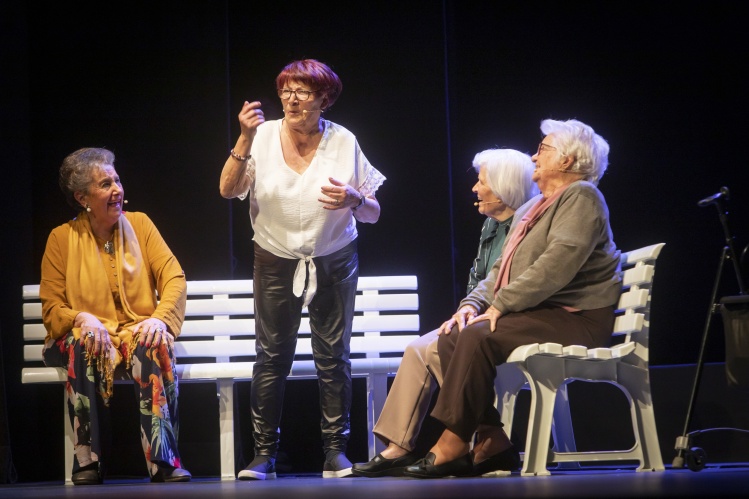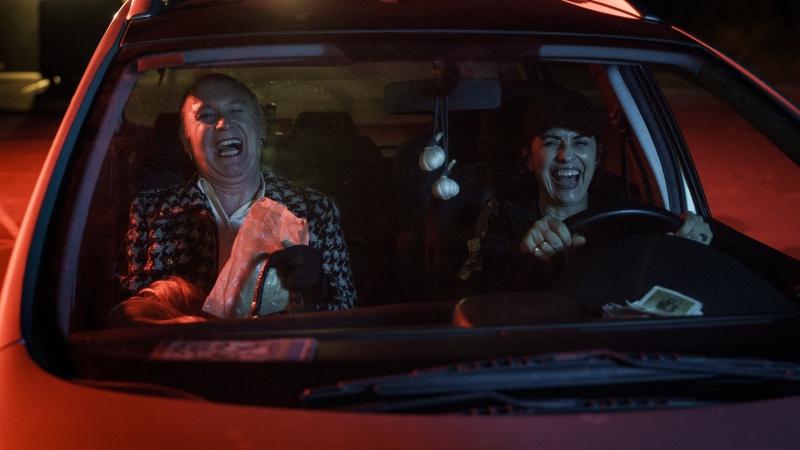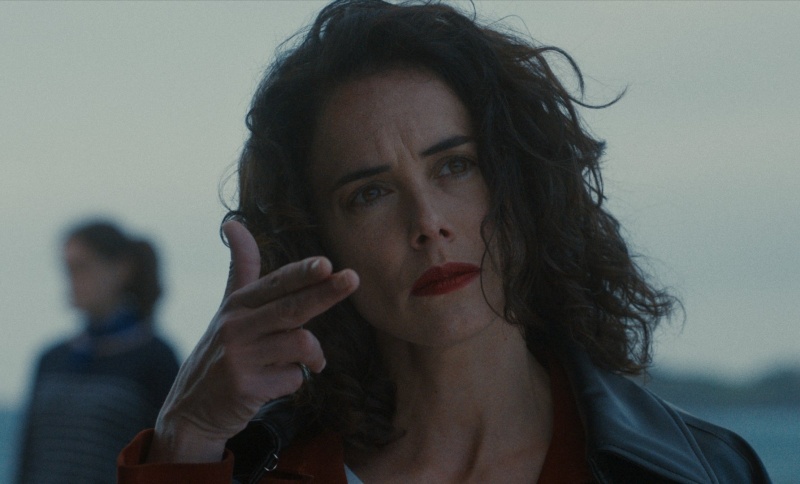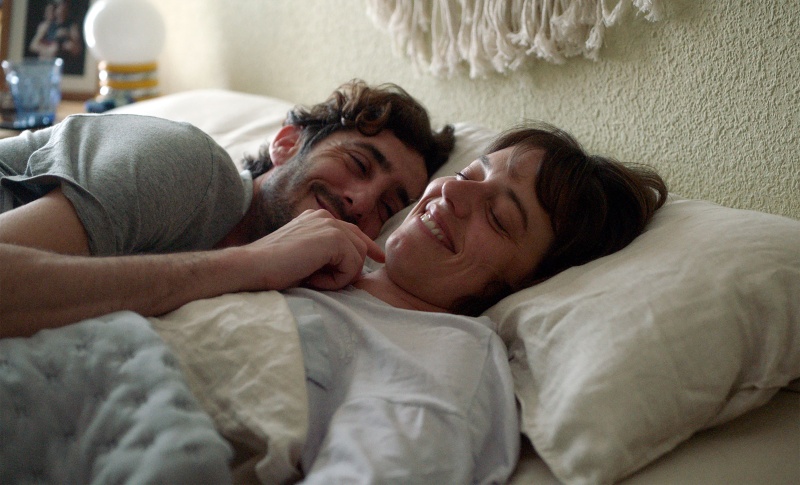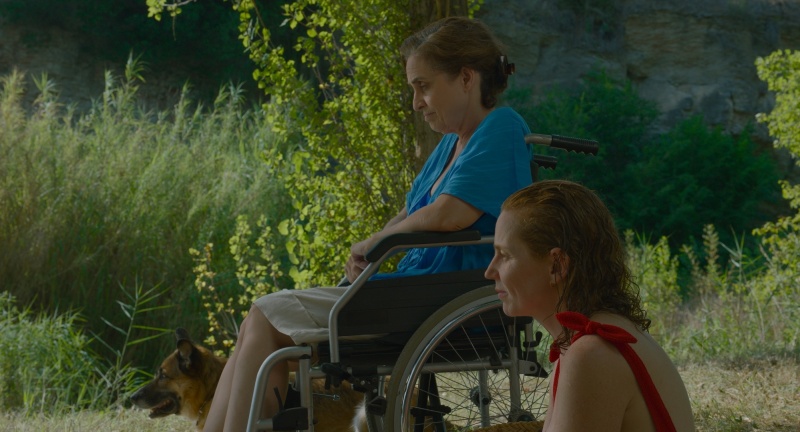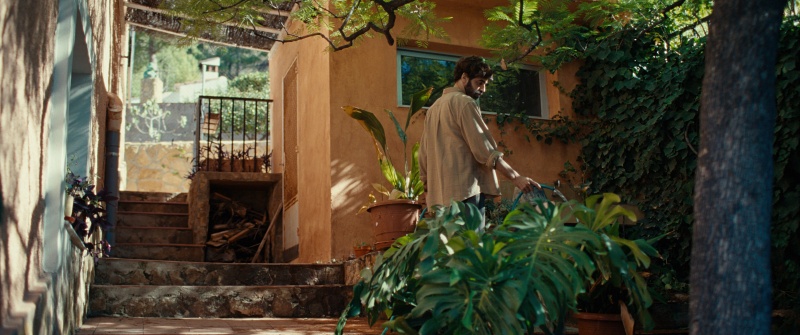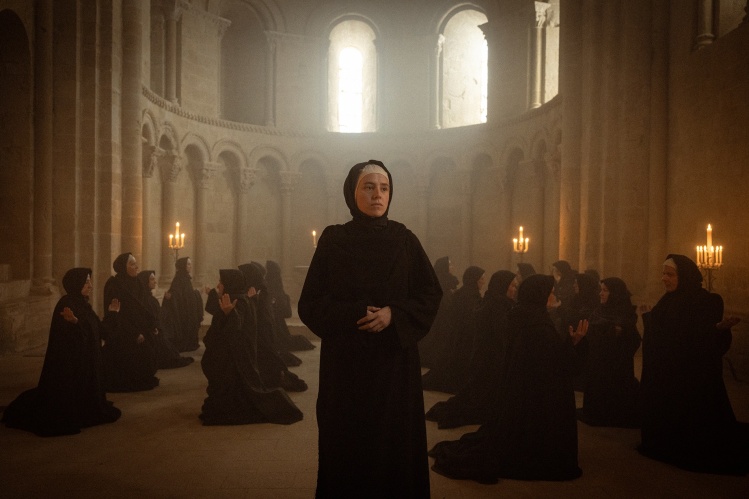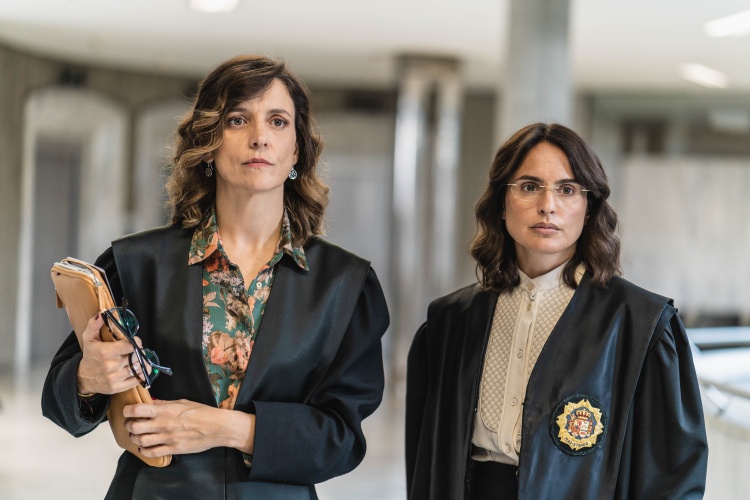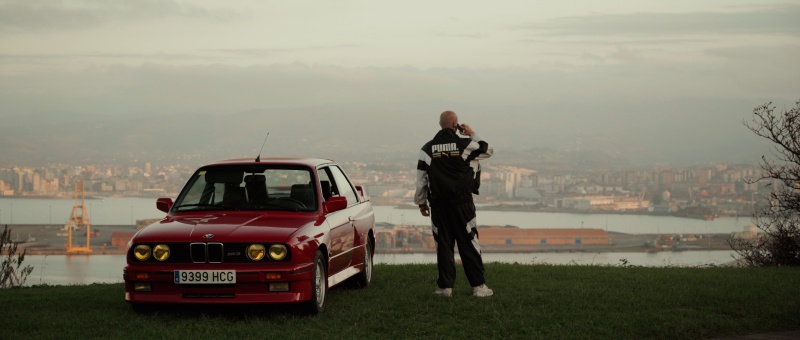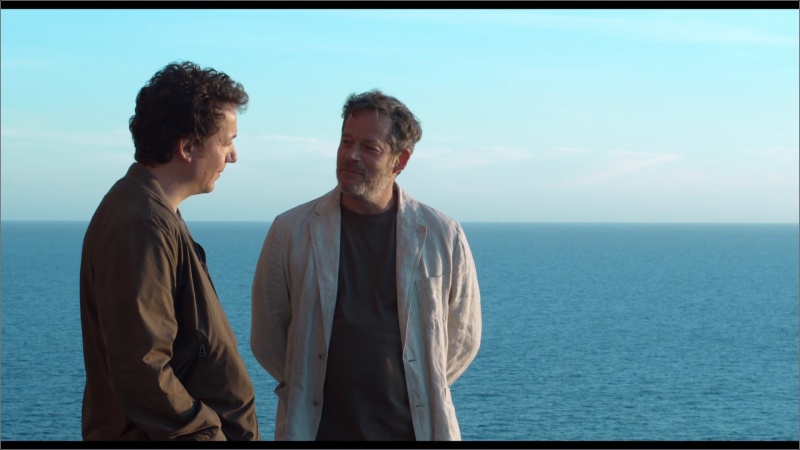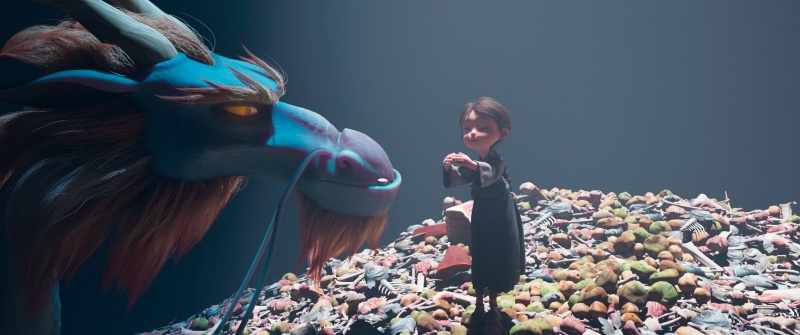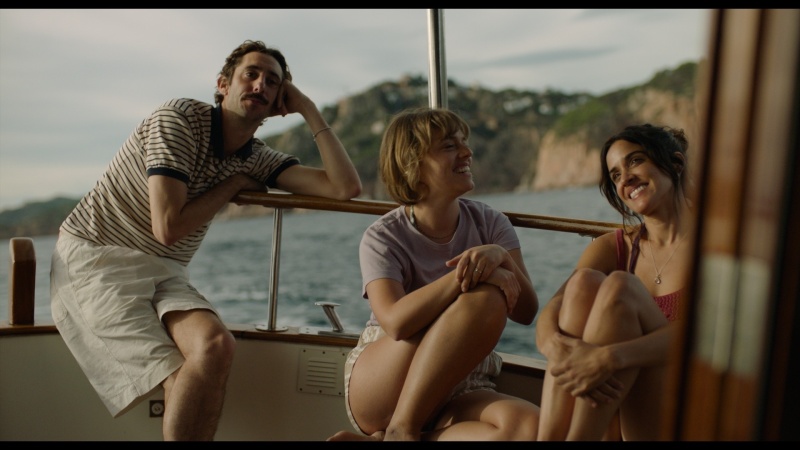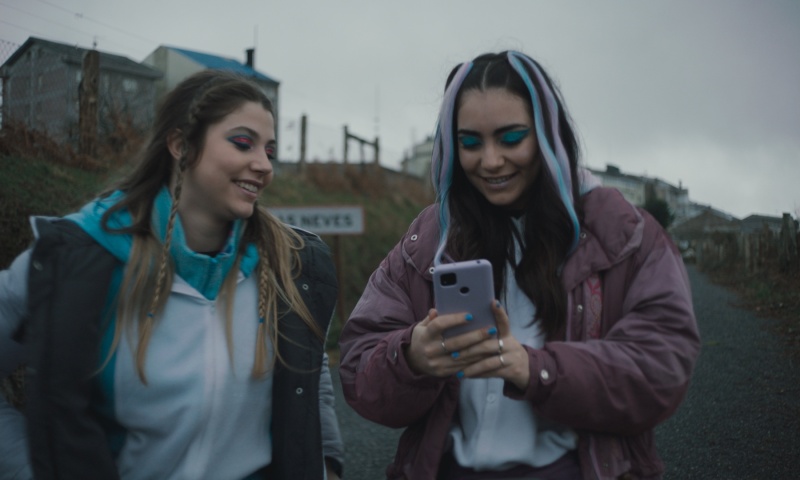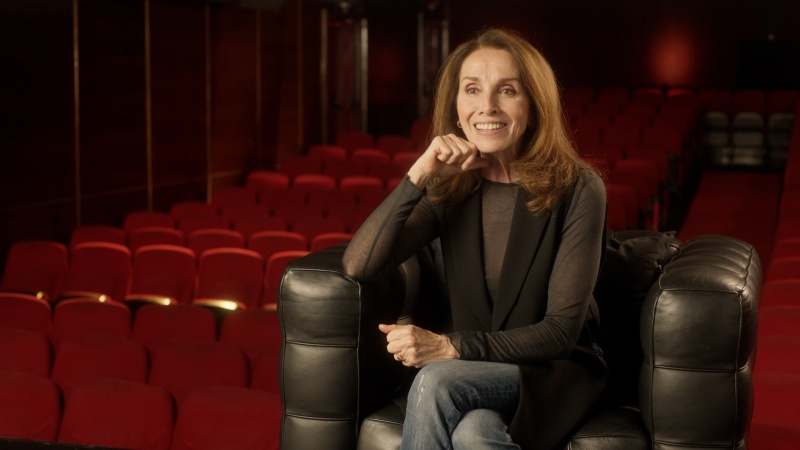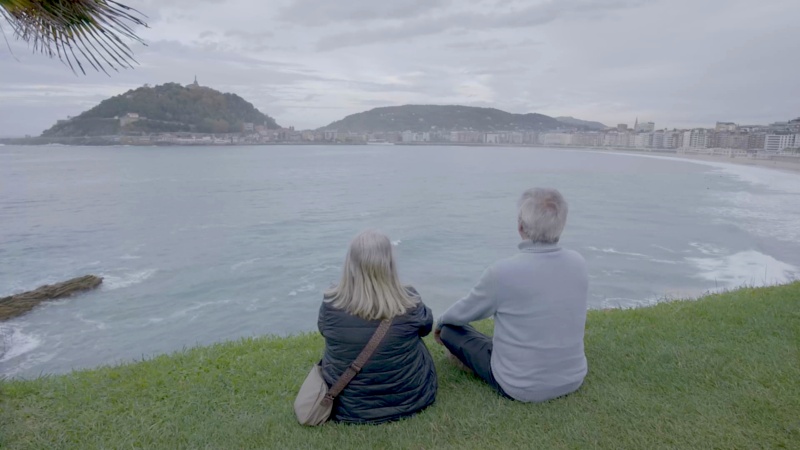A total of twenty-one feature films will make up Made in Spain, San Sebastian Festival’s non-competitive section showcasing a selection of the year’s Spanish films. At the 72nd edition, to run from 20-28 September, the titles opening and closing the programme will be world premieres, while the remaining films have either screened at other festivals or have already had their release in Spain. Made in Spain enjoys the collaboration of Hispanitas and of the SGAE Foundation.
Tiempo de silencio y destrucción, by Joan López Lloret (Barcelona, 1969), will open Made in Spain as a world premiere. The film proposes a journey to reconstruct the figure of the writer and psychiatrist Luis Martín-Santos, born a century ago and who died in a car crash 60 years ago. López Lloret is the author of numerous documentary works, particularly including Hermanos Oligor (2004), recipient of the Silver Biznaga Audience Award at the Malaga Festival; Sunday at Five (2007) and La cigüeña metálica / The Metal Stok (2012).
For her part, Alba Sotorra (Reus, 1980) will close the section with the world premiere of Mucha mierda / Break a Leg, a documentary about the 1975 actors’ strike told first-hand by figures such as Marisa Paredes, Rocío Dúrcal, Ana Belén, Tina Sainz, Juan Diego and José Sacristán. Sotorra has directed titles including Game Over (2015) and El retorno. La vida después del ISIS / The Return (2021), both winners of the Gaudí Award for Best Documentary.
The moviemaker Antonio Chavarrías (L’Hospitalet de Llobregat, 1956) will participate in Made in Spain with La abadesa / Holy Mother, which competed at the Malaga Festival and features Daniela Brown in the part of a young 9th century abbess up against a hostile environment. As a director, he has put his name to films such as Las vidas de Celia / Celia’s Lives (2006), which competed in San Sebastian, and Dictado / Childish Games (2012), which did the same in Berlin. As a producer he has worked with filmmakers including Agustí Villaronga, Claudia Llosa, Jaime Rosales and Belén Funes.
Justicia artificial is a political thriller with hints of film noir starring Verónica Echegui, Alberto Ammann, Tamar Novas and Alba Galocha. Its director, Simon Casal (A Coruña, 1984), won the Jury Grand Prize for Best TV film at the WorldFest Houston with Eduardo Barreiros (2012) and, at the Mill Valley Film Festival, premiered his feature directorial debut, Lobos Sucios / Dirty Wolves (2016), selected for several competitions in the USA, Europe and Asia.
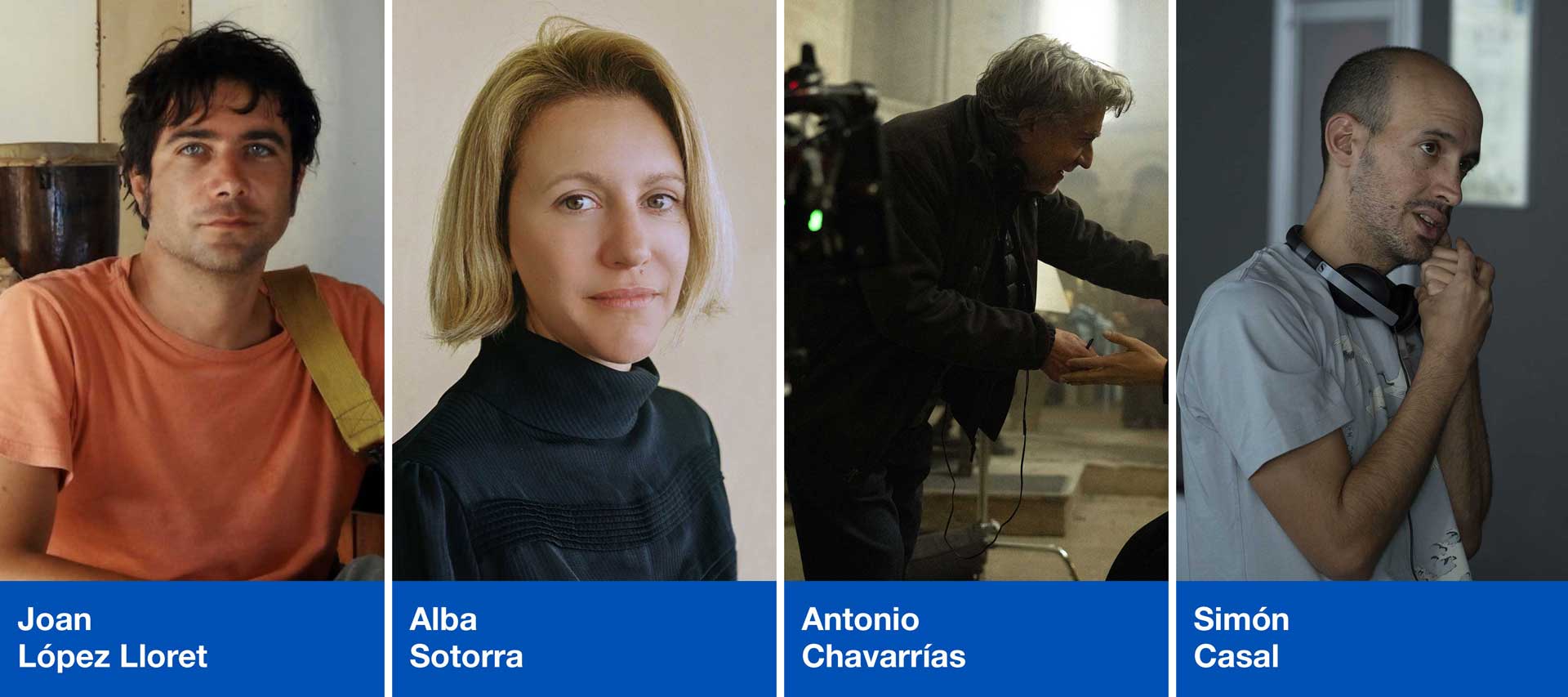
Norberta is a comedy starring Luis Bermejo and Adriana Ozores as a couple in which he needs to turn things around and stop being Norberto to become Norberta. Its directors are Sonia Escolano (Alicante, 1980), who joined Sadrac González-Perellón to co-direct the feature film Myna se va / Myna Has Gone (2009) and made her solo debut with the film Casa de sudor y lágrimas / House of Blood and Tears (2018), and Belén López Albert (Barcelona, 1975), who has put her name to documentaries and music videos, as well as having worked on several productions as script and editor.
Following its screening at D'A Film Festival, in Made in Spain Marc Ferrer (Sabadell, 1984) will present Reír, cantar, tal vez llorar / To Laugh, To Sing, Perhaps To Cry, following the relationship between a middle-aged trans woman and a Moroccan immigrant recently arrived in Barcelona. Ferrer has directed works such as ¡Corten! / Cut! (2021), Nos parecía importante (2016) and Puta y amada (2018), and is the screenwriter of works including La amiga de mi amiga (Zaida Carmona, Made in Spain, 2022) and Mamántula (Ion de Sosa, Zabaltegi-Tabakalera, 2023).
Nina, winner of the Silver Biznaga Special Critics Jury Prize at Malaga, is the second film from Andrea Jaurrieta (Pamplona, 1986), in which Patricia López Arnaiz plays a woman who returns to the town where she grew up with a thirst for revenge. The moviemaker from Navarre made her feature film debut with Ana de día / Ana by Day (2018), which competed at Malaga and earned her a Goya nomination for Best New Director.

Segundo premio / Saturn Return, directed by Isaki Lacuesta (Girona, 1975) and Pol Rodríguez (Barcelona, 1977), is a “non-film” about the rock band from Granada, Los Planetas, winner of the Golden Biznaga for Best Spanish Film at the Malaga Festival, as well as the Best Director and Best Editor Awards. Lacuesta, a regular in various sections of the San Sebastian Festival, has landed the Golden Shell with Los pasos dobles / The Double Steps (2011) and Entre dos aguas / Between Two Waters (2018), while Rodríguez is the author, among other works, of the feature film Quatretondeta (2016), Silver Biznaga for Best Cinematography at Malaga.
After directing several short films and the documentary A poeta analfabeta (2020), the director and actress Sonia Méndez (Vigo, 1980) competed at Malaga with her debut feature film, As Neves, set in a Galician village in the mountains where a teenage girl goes missing during a carnival celebration.
Based on the comic of the same name by Paco Roca, La casa is the latest feature film from Álex Montoya (Valencia, 1973), winner in Malaga of the Silver Biznagas for Best Screenplay and Best Music, as well as the Audience Award. Montoya’s third film after Asamblea / Assembly (2019) and Lucas (2021) recreates the reunion between three siblings who must decide what to do with the family home when their father dies.
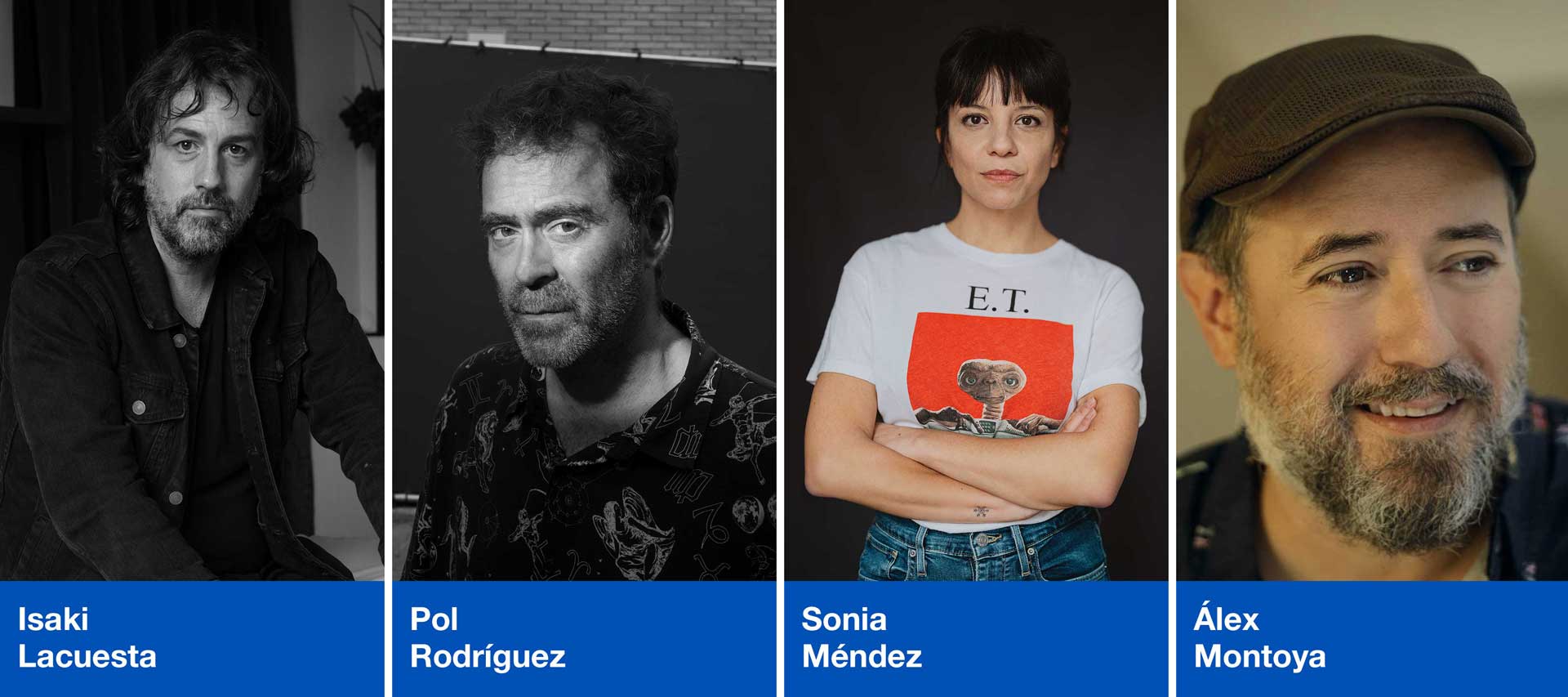
Sueños y pan / Dreams and Crumbs, the first feature film from Luis (Soto) Muñoz (Baena, 2000), had its premiere at the Atlàntida Mallorca Film Fest where it won the DAMA Agustí Villaronga Award for Best National Film. The movie tells the tale of two young boys who set about trying to sell a painting they have stolen.
Emma Vilarasau, Enric Auquer, Maria Rodríguez Soto, Alberto San Juan, Clara Segura, Jose Pérez-Ocaña and Macarena García star in Casa en flames / A House on Fire, a dramatic comedy from Dani de la Orden (Barcelona, 1989) about a family gathering that doesn’t quite go as expected. De la Orden, who premiered this film at the BCN Film Fest, is also the author of titles including El pregón (2016), El mejor verano de mi vida / The Best Summer of My Life (2018) and Litus (2019), recipient of the Silver Biznaga for Best Supporting Actor (Quim Gutiérrez) in Málaga.
Flores del cemento / Concrete Flowers, the portrait of a group of youngsters who get by as they can in a world of violence and decadence, is the feature debut from Luismi Pantiga (Gijón, 1999), which premiered in the Esbilla Premiere section of the Gijón Festival and participated in the debut films section of the BAFICI.
Los pequeños amores / Little Loves, second film by Celia Rico Clavellino (Seville, 1982), won the Silver Biznaga Special Jury Prize for Best Supporting Actress (Adriana Ozores) at the Malaga Festival. The director of Viaje al cuarto de una madre / Journey to a Mother’s Room (2018), which carried off the Youth Award and received a special mention from the Kutxabank-New Directors Award in San Sebastian, now brings the story of a mother and a daughter who spend a summer together during which they are unable to agree on even the smallest things.
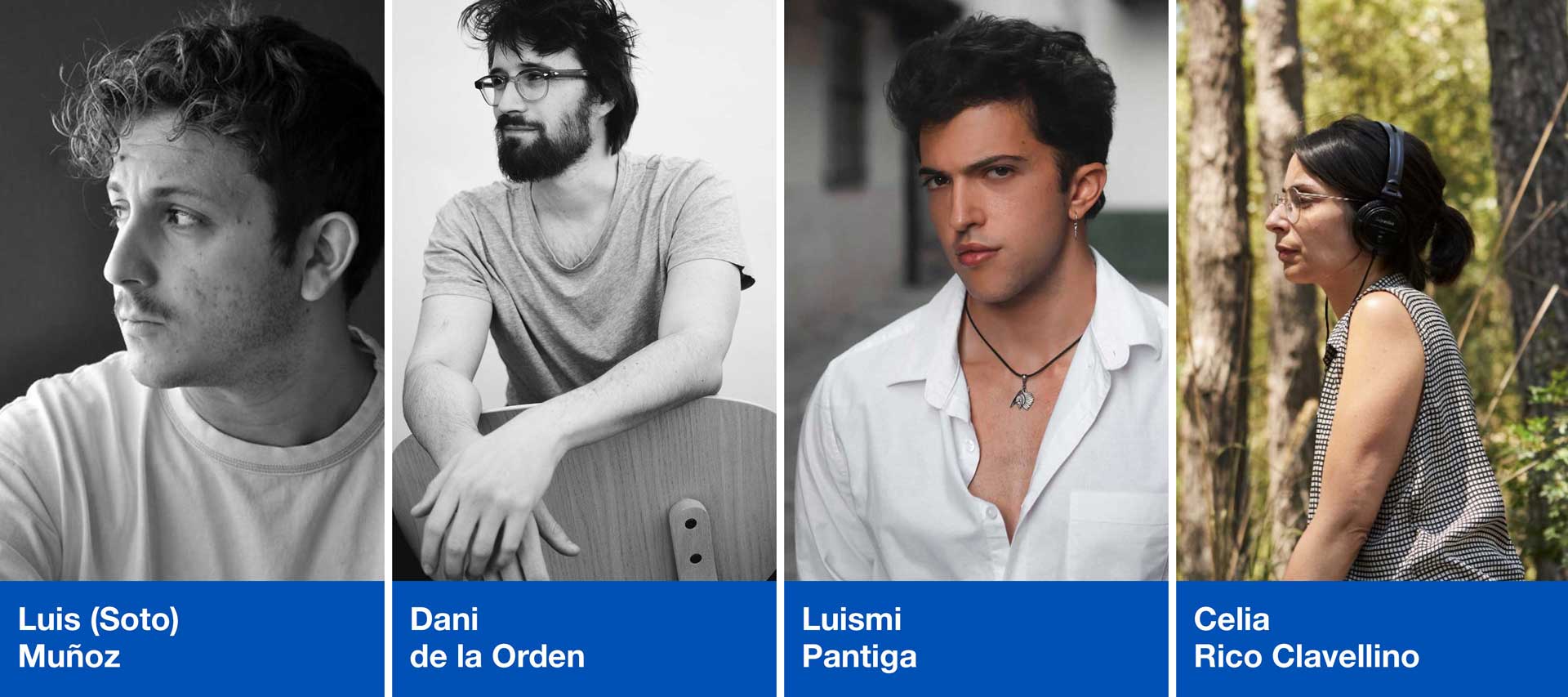
Chema Rodríguez (Seville, 1967) landed the Audience Award in the ZonaZine section of the Malaga Festival with Orgullo vieja, about a group of women who dream of performing monologues. The moviemaker from Andalusia made his debut in 2006 at the Berlin Festival with the documentary Estrellas de la Línea / The Railroad All-Stars (Made in Spain), winner of the Audience Award in the Panorama section, and with the feature film La gran final, which participated in the Berlinale Special section and competed at Malaga. His works also include El abrazo de los peces / The Embrace of The Fishes (Made in Spain, 2011), Anochece en la India / Nightfall in India (2014) and Los gigantes no existen / Giants Don’t Exist (2017).
Salvador Simó (Barcelona, 1975) and Li Jianping (Beijing, 1963) co-direct Dragonkeeper, the animated film that opened the last Malaga Festival and narrates the adventures of a little girl who helps the last living dragon to escape from a dungeon. With his film Buñuel en el laberinto de las tortugas / Buñuel in the Labyrinth of the Turtles (Made in Spain, 2019) Simó landed the Goya for Best Animated Feature Film and was pre-selected for the Academy Awards, whilst Jianping has directed the films Journey to the West (1997) and Zui ke ai de ren (2020).
Saturno, the debut from Daniel Tornero (Alicante, 1989), participed in the Official Documentaries Section of Malaga Festival and won the Silver Biznaga Audience Award. The film brings a tale told in first-person with which the director confronts the memories of his grandfather, imprisoned for child abuse.
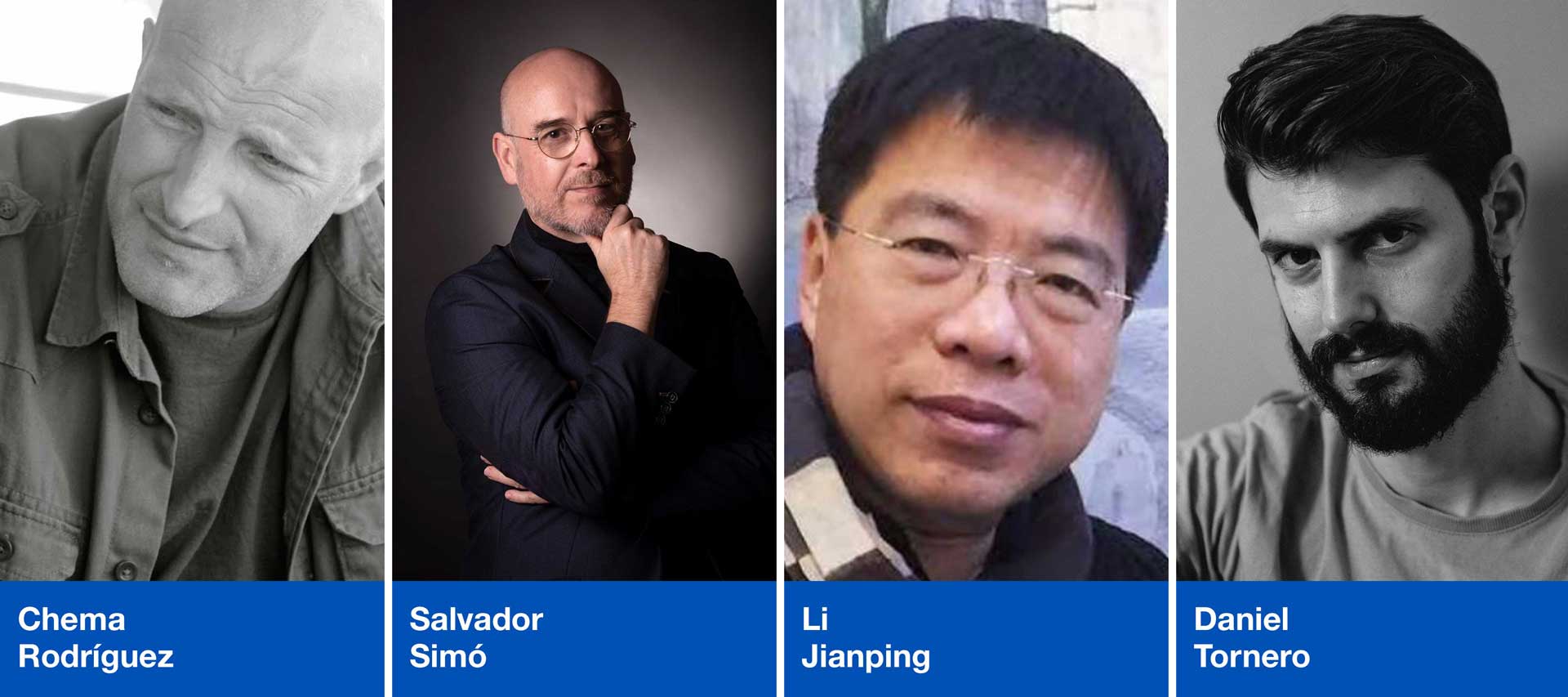
Liliana Torres (Vic, 1980), the author of works such as Family Tour (Zabaltegi, 2013) and ¿Qué hicimos mal? / What Went Wrong? (2021), will participate in the section with Mamífera, which had its world premiere at the South by Southwest Festival in Austin (SXSW) where it landed a Special Jury Prize for the performance of María Rodríguez Soto, in the part of a woman with no desire to become a mother.
Rock Bottom, the first feature film from María Trénor (Valencia, 1977), is an animated work taking its inspiration from the life and music of the composer Robert Wyatt. Having participated last year in WIP Europa, the film was included in the official competition of the last Annecy Festival.
Jorge Sanz, Macarena Sanz and Vito Sanz feature in the cast of El hombre bueno, about a couple who ask an old friend to act as intermediary in their separation. David Trueba (Madrid, 1969) competed at Malaga with this movie after having put his name to films including Soldados de Salamina / Soldiers of Salamina (Made in Spain, 2003), La silla de Fernando / Fernando’s Chair (Zabaltegi, 2006), Madrid, 1987 (Zabaltegi, 2011) and Vivir es fácil con los ojos cerrados / Living is Easy with Eyes Closed (2013), which competed in San Sebastian and won six Goya awards, including Best Film. His previous feature film, Saben aquell (2023), was nominated for 11 Goya Awards and 13 Gaudí Awards.
The latest film from Jonás Trueba (Madrid, 1981), Volveréis / The Other Way Around, won the Europa Cinemas Label Award for Best European Film in the Quinzaine des Cinéastes at Cannes. The moviemaker, who tells the tale of a couple who throw a party to celebrate their separation, has competed in San Sebastian with La reconquista / The Reconquest (2016) and Quién lo impide / Who’s Stopping Us? (2021), winner of the Silver Shell for Best Supporting Performance and the FIPRESCI award, as well as the Goya for Best Documentary. The filmmaker from Madrid has already participated on previous occasions Made in Spain, where he showed Todas las canciones hablan de mí / Every Song is About Me (2010), Los ilusos / The Wishful Thinkers (2013) and La virgen de agosto / The August Virgin (2019).
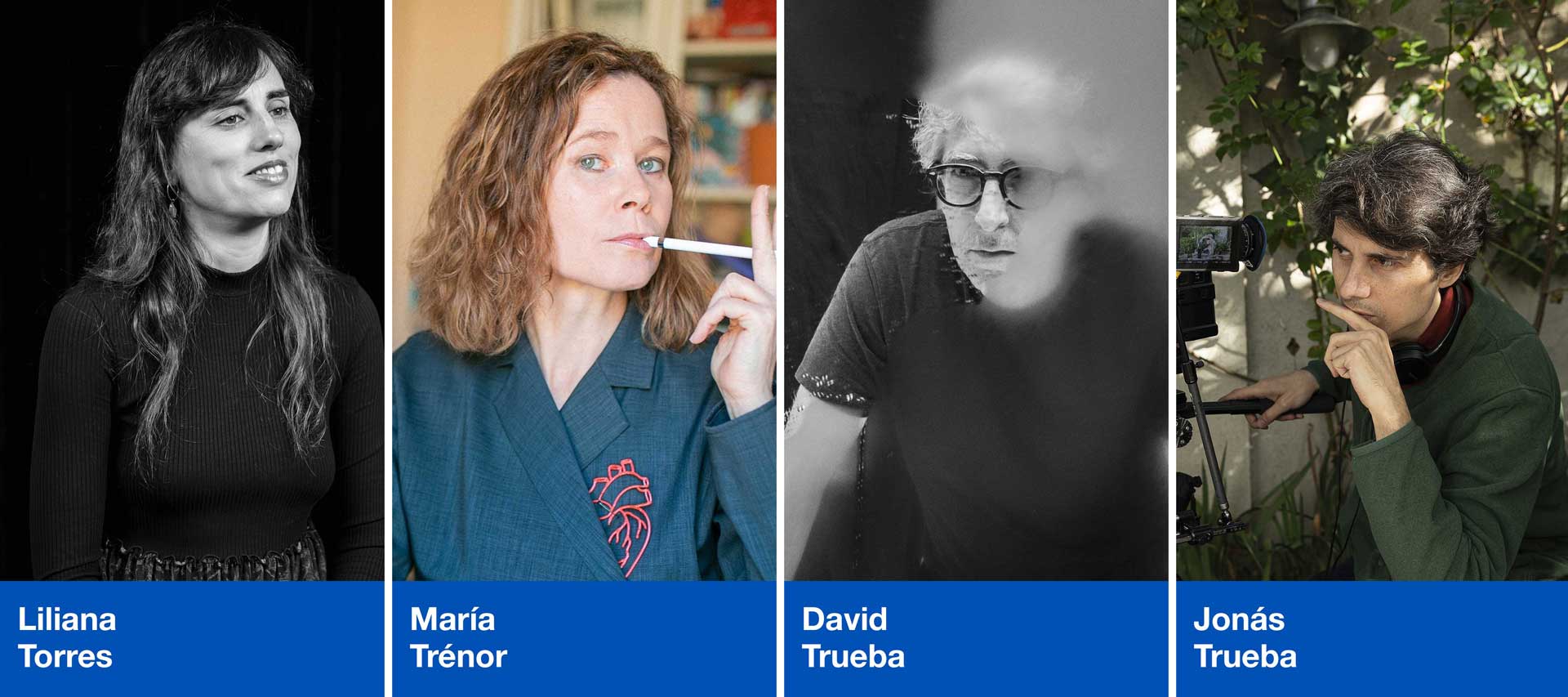
January 1964, the author of the novel Tiempo de silencio, Luis Martín-Santos, dies in a tragic car crash. On the 60th anniversary of the accident and the 100th year since his birth, we follow his children on a voyage to reconstruct the writer, the psychiatrist, the man behind the work that turned him into a literary promise. A journey through the figure of Martín-Santos, his peculiar view of post-war Spain and his work hidden for years based on partly unpublished texts.
4th February 1975. It's the first day of the historic actors strike that would bring the country's theatre activity to a halt for nine days. They demand one day off a week. What started out as a demand develops into political challenge. Concha Velasco, Ana Belén, Tina Sainz, Juan Diego and José Sacristán are some of the artists who risked their careers and their freedom. This is the story, narrated by its protagonists, as it has never been told before.
As Neves is a village in the Galician mountains where everybody knows everybody. On carnival night a group of partying teens take mushrooms for the first time. The next morning they waken to a snow storm only to realise that Paula, one of the girls at the party, is missing. Meanwhile, the village is cut off from the outside and the internet is down. Finding her becomes increasingly urgent. An investigation is launched that will bring about a profound change in their lives and in their relationship with the world.
Montse is beside herself with excitement as she gets ready to spend a weekend with the whole family in their house on the Costa Brava. Long divorced, her ex has a new partner, while her children are grown up and have been living their lives without her for some time now, but nothing can dampen her spirits; she's been waiting too long for this time to come, dreaming about it for too long: this weekend will be a perfect weekend, come what may... even if she has to burn everything to make it happen.
These are dark times in the ancient Chinese empire. Dragons, once friends and wise allies of men, have been hunted down for years and thrown into ironclad dungeons. In a faraway fortress in the mountain regions, a young slave girl helps the last living dragon to escape his captivity and joins him in a quest to retrieve his most precious gift: the last dragon egg, stolen by an evil sorcerer who wants its power to achieve immortality.
Vera, Juan and their daughter Manuela travel to Mallorca to spend Easter in their idyllic seaside home. The place is owned by Alonso, Juan's former colleague, who lives there, having somewhat retired from the world after losing his wife in an accident. Vera and Juan have made the decision to divorce and want Alonso to act as the good man, a mediator to help them in this very complicated process. But in the ensuing days everything spirals in different directions, out of their control.
Released from jail after 10 years behind bars, Adry discovers that his teenage brother Álvaro is keeping bad company and following in his steps. Adry will try to win back his family and take care of his brother while people from his past file by to try and coax him back into the world of drugs, wrongdoing and crime. Flores del cemento / Concrete Flowers is a tale of redemption, the portrait of young people who get by in a world of violence and decadence.
The Spanish government announces a referendum to approve an Artificial Intelligence system in the justice administration with the promise of automating and depoliticising the legal process, in practical terms by replacing the judges in courts throughout the country. The referendum sparks a fierce election campaign confronting the Government, in line with the creative technology of the system, and the legal profession, who defend the human nature of justice.
In the 9th century, 17-year-old Emma is named Abbess with the intention of repopulating and Christianising border territories in conflict with the Moors. Arriving at the abbey, she will have to overcome the lack of trust awakened by a woman determined to complete her mission, leading to her confrontation with the nobility, peasants and even the other nuns. Despite it all, Emma will prove that it is possible to challenge the established power structures, even if she will pay dearly for her success...
When their father dies, three siblings gather at the family home where they spent their summers as children. They have to decide what to do with the house, something that will turn out to be more difficult than expected. With a sweet & sour tone and dashes of humour, La casa talks about the family, inheritance and the unstoppable passing of time, all under the watchful eyes of the house.
Teresa changes her holiday plans to help her mother when the latter suffers a minor accident. Mother and daughter will spend a stifling summer together, unable to agree on even the smallest things. But the forced coexistence will stir up more than expected and, in the warm evenings, Teresa will live revealing moments with her mother.
Lola lives happily with her partner, Bruno, until an unexpected pregnancy throws their plans to the wind. Although she has always known that motherhood wasn't for her, now Lola feels called into question by social expectations as she faces her internal fears. During the three days she has to wait for her appointment at the clinic, Lola approaches friends and family in the endeavour to reaffirm her decision. Bruno hadn't imagined himself as a father either. Until now.
Nina decides to return to the coastal town where she grew up, with a gun in her bag and a purpose: to take revenge on Pedro, a famous author now receiving tribute from the town. The reconnection with the place of her birth, with her memories of the past and with Blas, a childhood friend, will make her wonder if revenge is her only option.
Norberto and Maria have been married forever. They live in a working-class district and have known their neighbours for decades, but they're hiding a secret that only a few are aware of: sometimes, they carry out robberies. The takings bulk out their pensions and allow them to help the odd friend. But Norberto needs a change to feel alive, free, to feel like HERSELF. An unexpected confession that will endanger his whole life and that of those around him.
Pepa, Antoñita, Pepi, Esperanza, Remedios, Kiska, Catalina and Rafaela are women between the ages of 68 and 97 from Seville's Triana district. All share a dream: they want to be monologuists, to enjoy success in the world of showbusiness and to defend the right of older women to respect and visibility. They have therefore created a show entitled Orgullo vieja. The film follows the process of creating the company, the rehearsals, the premiere in Seville and their travels throughout Andalusia.
Toñi, a middle-aged trans woman, prays in church to a miracle-granting saint asking for a boyfriend, and the next thing Lahcen appears in her life, a handsome young immigrant Moroccan boy recently arrived in Barcelona with whom she falls in love. The relationship will spark a tremendous scandal among her community of neighbours, driven by jealousy and mistrust.
A passionate love story inspired in the music and life of Robert Wyatt. Bob and Alif, a young couple of artists, experience the hippie culture of the 70s in Deià. Drugs turn a dream summer into a nightmare, exploring the euphoria and anguish of artistic creation, the fascination for drugs, the falling out with routine, the physical and mental breakdown. A universal tale of the transformative power of art and music.
"In 2018 my grandfather was imprisoned for child sexual abuse and attempted kidnapping. Now I meet him again and confront his gazes, his answers and my own feelings. Meanwhile, my family gathers at the country house and deals with the emotional consequences of growing up under this father figure". (Daniel Tornero)
Granada, in the late 90s. In full artistic and cultural swing, an indie music group is at its lowest point: the bassist leaves the band looking for his place outside music and the guitar player is caught up in a dangerous spiral of self-destruction. Meanwhile, the singer is faced with a complicated process of writing and recording his third album. Nobody knows that this album will forever change the music scene of the whole country. This is (not) a film about Los Planetas.
Javi and Dani steal a painting. Suspecting its considerable value, they come up with a plan to sell the work. A plan that goes wrong at every step. Both follow a path of twists and turns forcing attempts to sell it from the outskirts to the city's most upmarket galleries. The two make their way around the city as their luck runs out, appeasing the moral judgement that the act they have committed entails.
SHe and he are on the point of turning 40 and have been together for almost half their lives. Accepting that the time has come to go their own way, they decide to throw a party in honour of their love and the time spent together. But their friends, the party guests, refuse to believe that they're serious either about the party or about their separation.

